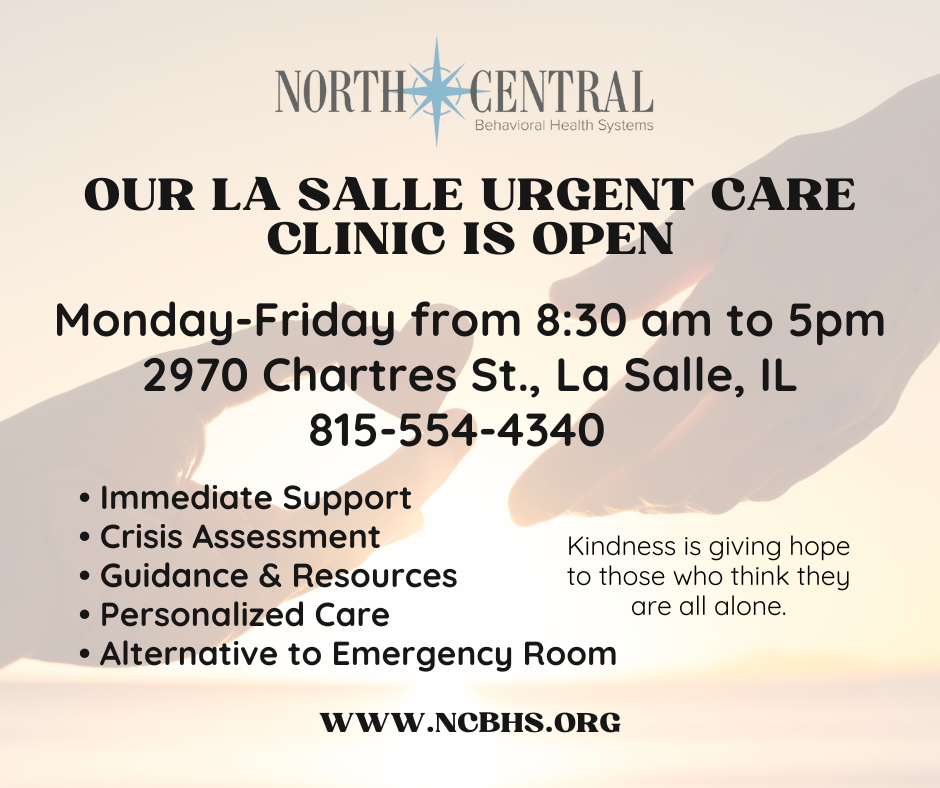
There are certain strategies that an individual can use when faced with everyday stressful situations. One thing to keep in mind is that these situations are unavoidable and will appear often throughout one's day.
What is Situational Stress?
Situational stress is a short-term form of stress that occurs in certain temporary situations. Worry, stress, or concern begins to overwhelm the individual until the problem goes away. Situational stress can cause temporary physical symptoms, such as:
- Difficulty concentrating
- Headaches
- Heart palpitations
- Hives
- Irritability
- Light-headedness
- Muscle spasms
- Panic attacks
- Stomach aches
How to Cope With Situational Stress
While difficult to do, dealing with situational stress is important and can be addressed through several strategies.
1. Avoid unnecessary stress
Not all stress can be avoided, and it’s certainly not healthy to avoid a situation that needs to be addressed. You may be surprised by the number of stressors that in fact, you can eliminate.
1) Learn to say “no” – know your limits and stick to them.
2) Avoid people who may cause you stress – if someone consistently brings stress to your life and you can’t turn the relationship around, limit the amount of time you spend with them.
3) Take control of your environment – if certain events in your life are stressful – eliminate as many as you can.
4) Avoid hot-button topics – if you consistently get upset over certain topics, stop bringing them up or excuse yourself when it’s the topic of discussion.
5) Pare down your to-do-list – If you have too much to do distinguish between the “shoulds” and the “musts.” Drop tasks that aren’t truly necessary.
2. Alter the situation
If you can’t avoid a stressful situation, try to alter it. Figure out what you can do to change things so the problem doesn’t present itself in the future.
1) Express your feelings instead of bottling them up – communicate your concerns openly and respectfully.
2) Be willing to compromise – when you ask someone to change their behavior, be willing to do the same.
3) Be more assertive – deal with problems head-on, doing your best to anticipate and prevent them.
4) Manage your time better – when you’re stretched too thin and running behind, it’s hard to stay calm and relaxed.
3. Adapt to the stressor
If you can’t change the stressor, change yourself. You can adapt to stressful situations and regain your sense of control by changing your expectations and attitude.
1) Reframe problems – try and view stressful situations from a more positive perspective.
2) Look at the big picture – take in the perspective of the stressful situation.
3) Adjust your standards – stop setting yourself up for failure; set reasonable standards for yourself and others.
4) Focus on the positive – reflect on your own positive qualities and gifts.
4. Accept the things you can’t change
Remember some stressors are unavoidable. In some cases, the best way to cope with stress is to accept things the way they are.
1) Don’t try to control the uncontrollable – many things in life are beyond our control. Rather than stressing out over them, focus on the things you can control.
2) Look for the upside – when facing major challenges, try to look at them as opportunities for personal growth.
3) Share your feelings – expressing what you’re going through can be very cathartic.
4) Learn to forgive – accept the fact that we live in an imperfect world and that people make mistakes. Let go of anger and resentments.
5. Make time for fun and relaxation
Beyond a take-charge approach and a positive attitude, you can reduce stress in your life by nurturing yourself. Healthy ways to relax include:
- Going for a walk
- Talk to a friend
- Exercise
- Play with a pet
- Get a massage
- Listen to music
- Read a book
Be sure to set aside relaxation time in your daily schedule and try not to allow other obligations to encroach. Try and do something you enjoy every day and try and keep your sense of humor and the ability to laugh at yourself.
6. Adopt a healthy lifestyle
You can increase your resistance to stress by strengthening your physical health.
1) Exercise regularly – physical activity plays a key role in reducing and preventing the effects of stress.
2) Eat a healthy diet – well-nourished bodies are better prepared to cope with stress, so be mindful of what you eat.
3) Reduce caffeine and sugar – by reducing the caffeine in your diet, you will feel more relaxed and you will sleep better.
4) Avoid alcohol, cigarettes, and drugs – self-medicating with alcohol or drugs may provide an easy escape from stress, but the relief is only temporary.
5) Get enough sleep – adequate sleep fuels your mind, as well as your body.


